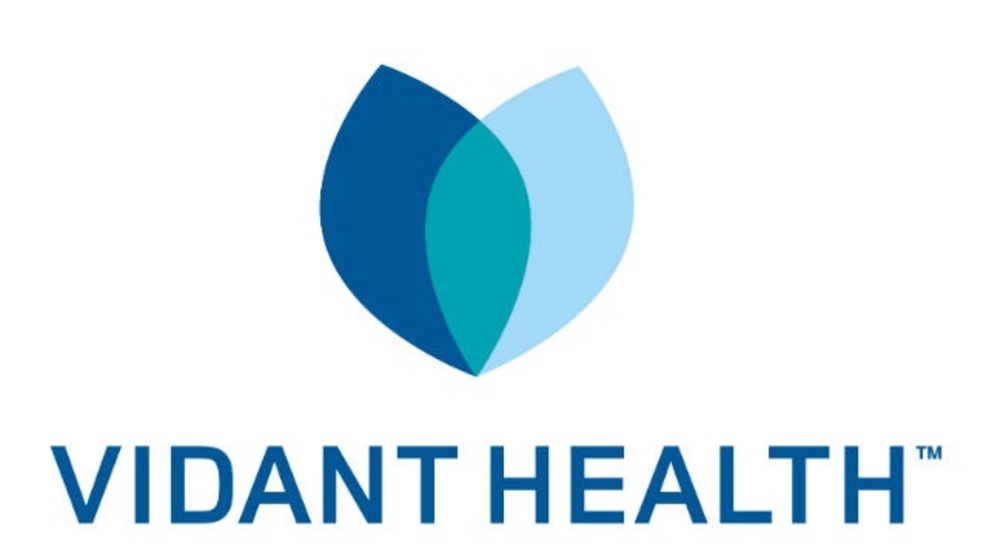It takes a community working together to help slow the spread of COVID-19 in North Carolina and beyond, according to Vidant Health CEO Michael Waldrum.
“This is a historic event,” Dr. Waldrum said. “There are so many things all of us can do to help with the realities we face. We know we are going to see patients with COVID-19, but the question is what can we do to help minimize that impact?”
Dr. Keith Ramsey, medical director of infection control for Vidant, echoed those sentiments. He said people should be taking common sense measures like proper hand washing, sneezing into the crook of their arm and disinfecting surfaces as much as possible.
If a person is feeling sick, the most important first step they can make is to call their primary care physician and describe their symptoms and travel history. If a person does not have a primary care physician, they should call ahead to their local urgent care location or their local health department.
Needed testing is determined at the national level by the Centers for Disease Control and Prevention through a set of criteria.
As of Thursday, Vidant does not yet test on-site and is able to take samples to send off to the state lab or private labs for testing as needed based on criteria.
The process and turnaround time for testing is rapidly evolving to help meet the demand, again based on assessment of the patient.
Your local health care provider will make the determination of whether or not to test based on guidance from the CDC and the North Carolina Department of Health and Human Services.
For individuals who think they may have been exposed to the virus, but are otherwise healthy, the best approach is to consult with their doctor — or use telehealth options like VidantNow — and self-quarantine to prevent the potential spread of COVID-19.
This will help slow the spread of the virus and preserve tests for those with symptoms that are more serious.
Dr. Ramsey said it is important to keep the emergency department open for true emergencies, so using other options for more mild symptoms is recommended.
“If you are really sick, and we say this for flu also, and you have a high fever, cough, chest pain, you’re having trouble keeping fluids down, that’s a real emergency,” Dr. Ramsey said. “That’s the patient that would benefit from going to the emergency department.”
It is also true most who will have COVID-19 will experience very minor symptoms, but can still easily transmit the disease to the populations that are considered high-risk for having complications from COVID-19. Those groups include people over 60 years old and those with compromised immune systems.
Dr. Ramsey stressed additional measures like social distancing – avoiding crowds in places like restaurants, stores or other high-traffic areas – to limit the potential for spread.
The CDC recommends limiting gatherings to 10 people or fewer, increasing physical space between yourself and others and to reduce public activities.
The larger point of social distancing is to do things that will “flatten the curve.”
Flattening the curve is a term referring to the bell-shaped curve of people infected by COVID-19. Dr. Ramsey said keeping the infections spread over a long period of time will help ease the burden on health care workers and make the cases easier to treat.
While Vidant is always prepared for infectious diseases, Dr. Ramsey said COVID-19 has given the hospital the opportunity to revisit protocol, supplies and take more steps to prevent the spread of infectious diseases.
“We’ve done a tremendous amount of education for our team members and we’ve taken some measures to preserve our supplies,” Dr. Ramsey said. “It has been a countless number of hours, a lot of meetings and everyone is working very hard to keep us prepared.”
Vidant hospitals, including Vidant North, have implemented new visitation restrictions and continue to adjust as needed to protect patients and team members.
Additionally, Vidant team members are performing high-level screening for visitors at all hospital entrances to ensure illnesses of any kind are not spread in the hospital.
“We’re doing this to limit spread, allow health care team members to do their job and allow visitors to still see their loved ones,” said Dr. Ramsey. “Any type of social media they can use, such as FaceTime, is most welcome.”
For more information on COVID-19, visit trusted resources like CDC.gov, NCDHHS.gov and VidantHealth.com/COVID-19.








